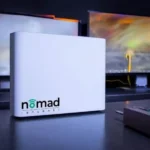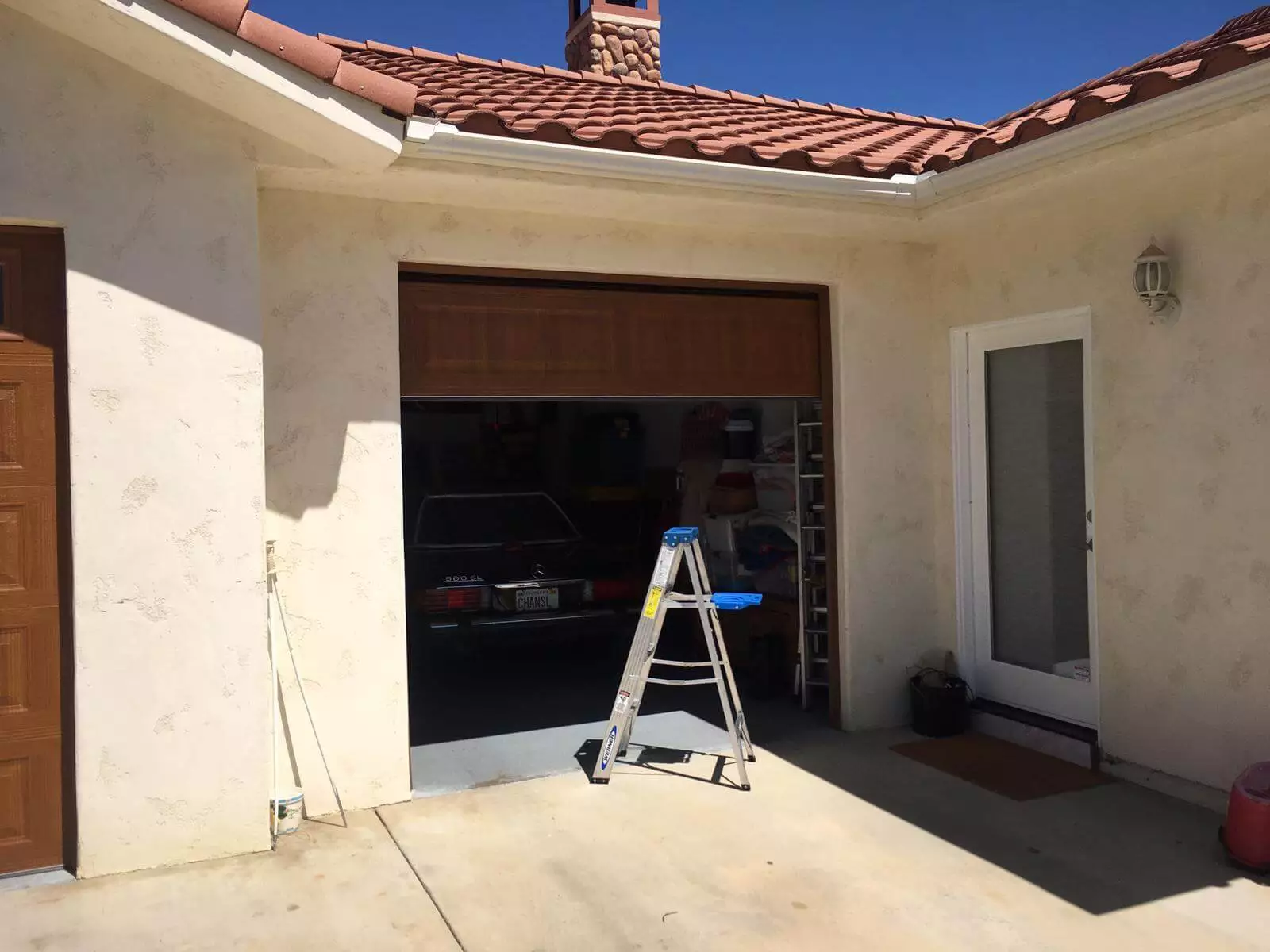Choosing the right internet provider is like selecting the best vessel for your journey on the digital seas. If you’re sailing close to the shore—connected to urban infrastructure with smooth, predictable waters—then a streamlined sailboat like T-Mobile may serve you well, offering speed and convenience. But suppose you’re venturing into the deep, uncharted waters of rural living or mobile lifestyles. In that case, you need a sturdy, adaptable ship like Nomad Internet—built to keep you connected even when the horizon seems distant and the waves of connectivity are choppy.

In this deep dive, we’ll compare Nomad Internet and T-Mobile Home Internet, focusing on why Nomad Internet stands out for those navigating the remote and mobile seas of modern internet usage. Whether you’re a digital nomad working from a remote beach or a rural resident far from the city’s digital ports, this comparison will help you find the best vessel for your connectivity voyage.
Content
Nomad Internet: The Sturdy Ship Built for Rough Seas
Nomad Internet is a powerhouse designed for the adventurous spirit—the users who navigate life outside the bounds of traditional wired infrastructure. Whether utilizing an RV for a home, camping in the wilderness, or in a rural area where internet choices are scarce, Nomad Internet wirelessly uses cellular connections instead of the strung fibers of communication or DSL. This makes it the best for everyone whose trip is away from the road used mainly by many travelers.
Nomad’s Internet Modems: Strong and Portable
Just as a ship needs a robust engine to brave the seas, Nomad Internet offers a selection of modems designed to keep you connected in various conditions. Their modems are all wireless, ensuring you can connect wherever you go.
- Nomad Air: This modem is small, easy to carry, and highly suitable for individuals working online and requiring connectivity on the go. It is supposed to be assembled seamlessly, providing a fast Internet connection based on cell signal in the air. Whether you are stabilizing your RV or establishing a base of operations in the woods, the Nomad Air brings you online fast.
- Nomad Raptor: For those sailing further into the unknown—rural residents or mobile users who need extra power—the Raptor is built to pull in stronger signals even in areas with weaker connectivity. Its durable design makes it ideal for more remote or challenging environments where internet access is often difficult.
- Nomad Ark: The Ark is the flagship modem for stationary users in remote homes. This device is designed for maximum signal strength and can handle heavy usage without sacrificing speed. It’s perfect for rural households that rely on the internet for everything from remote work to streaming entertainment.
Nomad Internet Plans: Smooth Sailing with No Data Caps
Nomad Internet’s pricing model is as flexible as a ship’s course on open water. Unlike traditional ISPs that lock you into contracts, Nomad operates on no-contract, month-to-month plans, allowing you to change course whenever necessary. Prices start at $149 per month, and the service offers unlimited data, making it ideal for users who need reliable, high-bandwidth access for streaming, video conferencing, or running a business from the road or countryside.
While the pricing might seem higher compared to T-Mobile’s entry-level plans, the real benefit of Nomad Internet lies in its unlimited data and reliability in areas that other providers cannot reach. Nomad is built to handle the unpredictability of the digital sea, providing smooth, stable internet even in the roughest online waters.
T-Mobile Home Internet: The Coastal Cruiser
Conversely, T-Mobile is more like a coastal cruiser—great for users who remain close to urban or suburban hubs where their 5G network is solid and reliable. T-Mobile Home Internet offers a straightforward wireless internet solution powered by their expansive 5G network, making it a good fit for users who are primarily stationary but still want the flexibility of a wireless connection.
T-Mobile Modem: A Simple, Stationary Solution
T-Mobile has its own 5G gateway modem, which is very easy to use and performs well, especially in areas with strong 5G signals. The modem is very easy to use since it is a physical device that enables Wi-Fi throughout the house. While it’s perfect for stationary users within T-Mobile’s coverage area, the modem is not as portable as Nomad’s. It is better suited for households rather than travelers or those living in highly remote areas.
T-Mobile Plans: Affordable but Limited
Another of Mobile’s best strategies for its business is its pricing plan, which allows its qualified customers to subscribe to its services at $50 per month. This is the reason behind the highly popular T-Mobile Home Internet, but it has various constraints. Thus, T-Mobile has been expanding 5G networks, primarily available in urban and suburban regions. This makes the service less attractive to users who reside in rural or remote parts of the country, where T-Mobile has either limited or no 5G connectivity.
Another downside is that T-Mobile Home Internet is not truly unlimited. Though they don’t explicitly impose data caps, the service can slow down during high congestion—a significant disadvantage for those needing consistently fast speeds for heavy streaming or work.
Nomad Internet vs. T-Mobile: The Key Differences
Nomad Internet vs T-Mobile Home Internet might leave one wondering how each suits one’s needs, such as staying near the coast or sailing deep into the sea of connectivity.
1. Coverage & Flexibility
Nomad Internet is built to offer a fast internet connection regardless of where you are – Be it a remote cabin, RV, or even living entirely off the grid. It is utilized in the regions where the wired services do not extend, which makes it perfect for the country’s dwellers and individuals on the move.
By contrast, T-Mobile is applicable only when the user remains unmobile in urban or suburban areas with access to a 5G network. This is because they use a home-type modem, which, while providing a wireless solution, is not as portable as Nomad’s modems.
2. Modems
- Nomad’s modems are portable and designed to handle various environments. Whether using the lightweight Nomad Air, the more powerful Nomad Raptor, or the stationary powerhouse Nomad Ark, you can trust that your connection will remain strong, no matter how remote your location.
- T-Mobile’s modem is straightforward to use but is designed for homes in areas with strong 5G signals. It’s less portable and performs poorly in rural or remote locations.
3. Pricing & Data
Nomad Internet services come in at $149 monthly with no data limitation and no lock-in contract, which makes it ideal for users who need high-line usage and do not wish to be bound by contracts. Thus, even though the price is higher than that of T-Mobile, the additional benefits, such as the ability to freely move around and use the connection in practically remote locations, are worth the price.
There is a cheaper T-Mobile option at $50 per month, but the speed could drop during congested times, and it is based on the 5G network. This can be a significant issue for users who rely on the network to be fully operational at all times and high speed.
Nomad Internet: The Best Choice for the Adventurous Spirit
Depending on where one’s Internet usage may require one to wander – through rough terrains and across the oceans, the Nomad Internet is the vehicle to turn to. No contract, the option for choosing between different types of connection, and unlimited data plans make it a better option for digital nomads, citizens of rural areas, and people who need internet connection everywhere. Whether you prefer a light, easy-to-carry modem like the Nomad Air, Nomad Internet lets you stay online regardless of your journey.
While T-Mobile Home Internet is a solid option for stationary users in areas with strong 5G coverage, it simply doesn’t offer the same level of freedom and reliability for those whose lifestyles take them beyond the reach of the typical urban network. When the digital seas get rough, and the horizon is uncertain, Nomad Internet is the ship that will keep you afloat.












